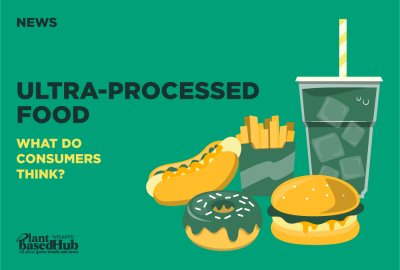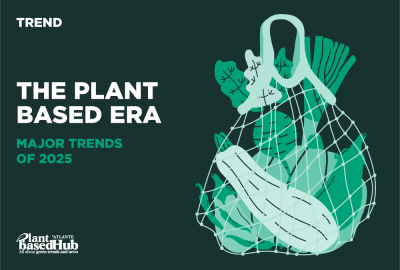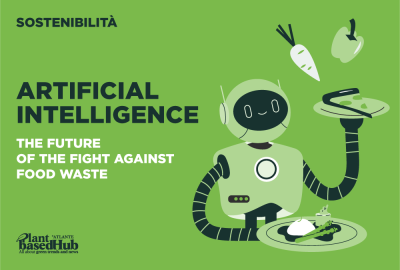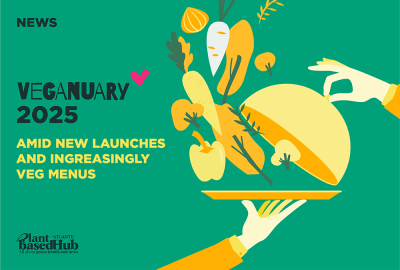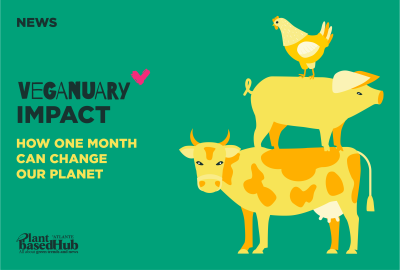Atlante
News
“You Are What You Eat” and the impact of food choices on health and the environment

18 March 2024
The debate on the impact of our food choices on personal health and the environment has never been more heated. The growing global interest in diet and its direct (and indirect) impact on the environment and human health reflects an awareness that transcends cultural and geographical barriers. It reflects a collective curiosity towards adopting more sustainable and healthy ways of living and raises questions about how different diets – from omnivorism to veganism – affect the physical well-being of individuals as well as the ecological balance of the planet.
The Netflix docuseries You Are What You Eat: A Twin Experiment intercepts and amplifies these anxieties, opening a window on the complex relationship between genetics, nutrition, and the environment. Through a unique experiment involving identical twins, the documentary explores how people with the same genes react to different diets, offering insights into how our bodies and our planet respond to the food choices we make on a daily basis. This investigation dives into one of the most pressing issues of our time: the possibility of positively influencing our health and that of the planet through conscious decisions about what we eat.
What the documentary is about
You Are What You Eat: A Twin Experiment follows 22 pairs of identical twins as they undergo an eight-week controlled experiment. This study, led by experts from Stanford University and published in Jama, investigates the health differences between individuals who followed a strictly vegan diet and those who maintained an omnivorous diet. Through meticulous analysis, the documentary attempts to reveal how small changes in diet can have a significant impact on the physical, psychological, and emotional well-being of individuals. Furthermore, the story is enriched by an investigation into the ethical, cultural and environmental implications of the food industry whose aim is to prompt viewers to reflect on their own consumption habits.
Reception and criticism
The docuseries You Are What You Eat: A Twin Experiment sparked a lively debate among its audience, earning praise for its innovative take on food issues. While the study behind the documentary is not scientifically conclusive, it has undoubtedly captured interest and triggered wider reflection. The commitment of the Oceanic Preservation Society (OPS) and Louie Psihoyos to environmental issues and veganism invites critical observation, while keeping the doors open for dialogue and understanding of different perspectives.
The theme of cherry-picking data to support specific theses invites viewers to engage in a critical analysis, highlighting the importance of raising awareness about nutrition issues and the environmental impact of the food we eat. The series constructs an engaging narrative that provides valuable and thought-provoking insights into the need for to adopt a diet that can improve both the environment and our personal health.
The debate on the American versus European context highlights the importance of adapting food and environmental considerations to various regulatory and cultural contexts, promoting greater global understanding. These considerations underline the need for a more balanced and inclusive approach in discussions on food and sustainability.
You Are What You Eat: A Twin Experiment does not only address critical issues – it also offers an opportunity to reflect on our relationship with food and on the impact of our food choices. The criticism, while significant, does not overshadow the documentary’s potential to inspire positive changes towards a more conscious and environmentally friendly diet. The series serves as a starting point for a broader and more constructive debate, inviting a personal and collective exploration of food practices and their significance in a global context.

